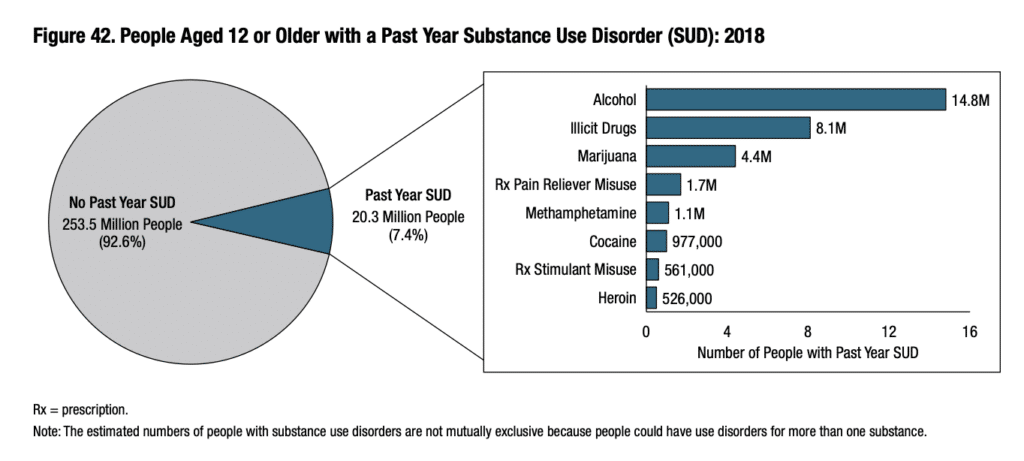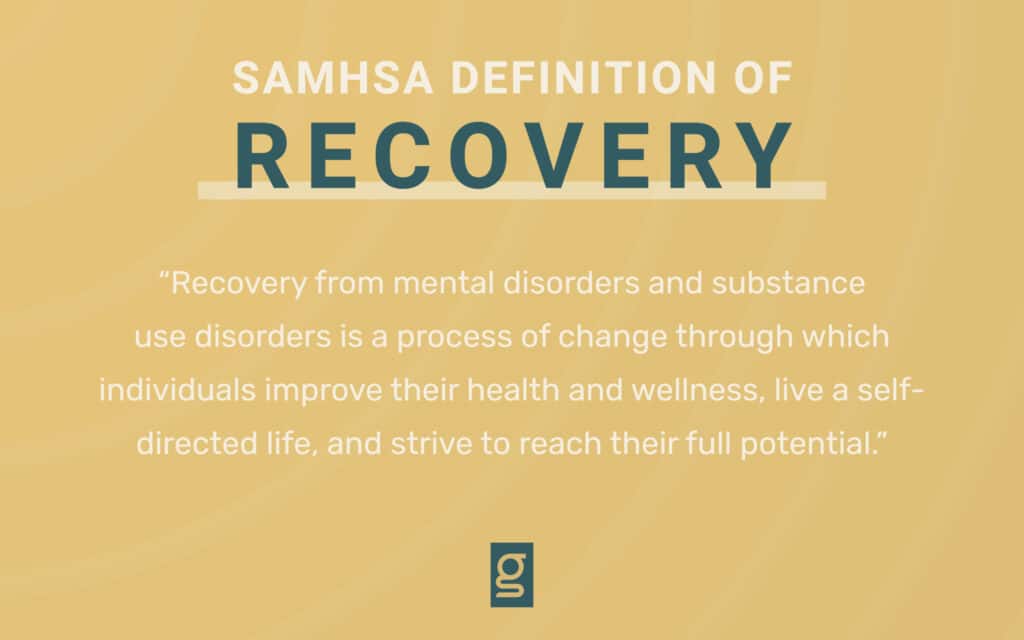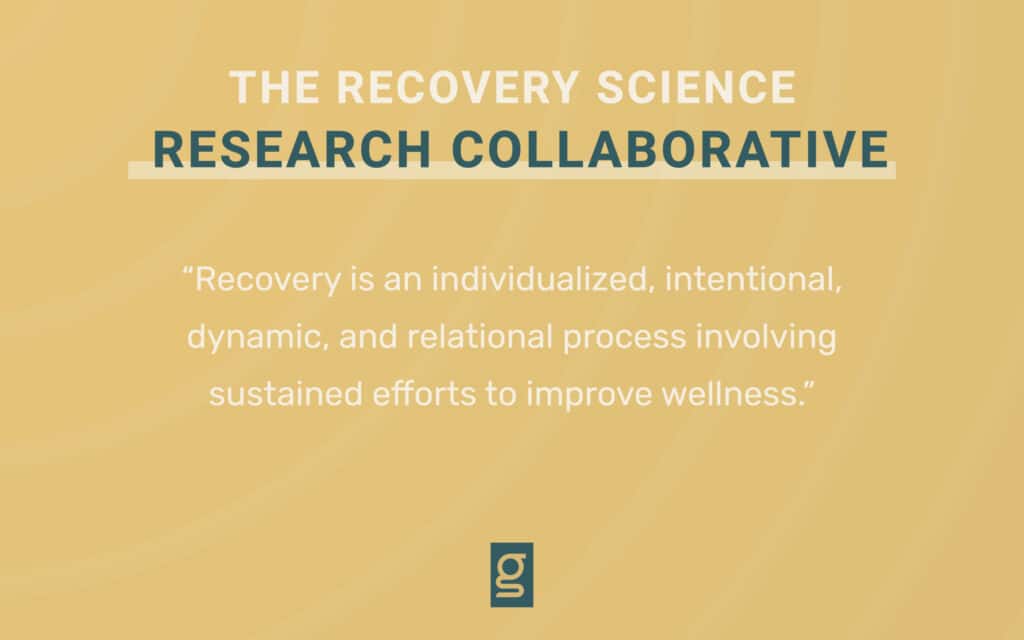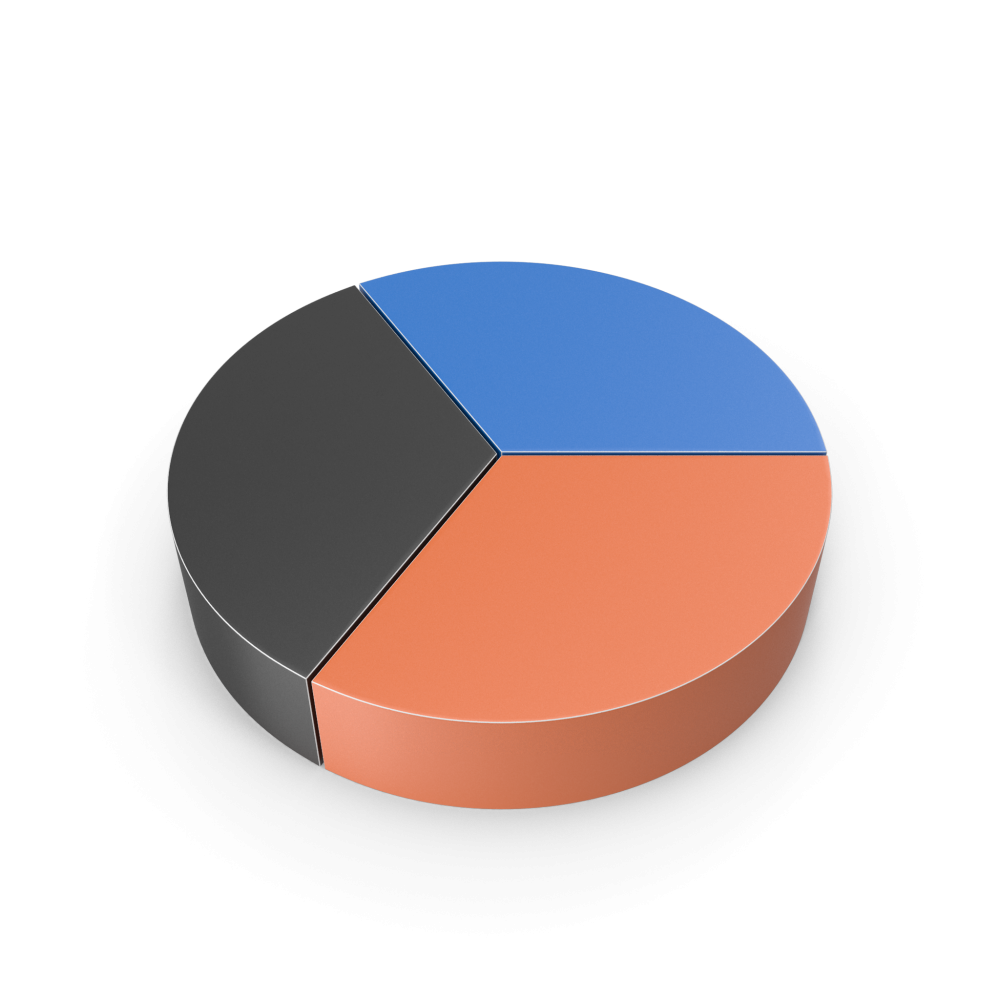Recovery has evolved into such a broad term today — it can mean recovering from an illness, grief, substance use disorder, cancer, and even codependency. Like SHE RECOVERS says, We’re all recovering from something. And in the context of addiction, the term has also changed over the years too. This is in part as a result of the advocacy efforts, to reduce the shame and stigma surrounding substance use disorders, as more people in recovery openly share their stories.
The Landscape of Addiction in America
According to the Substance Abuse and Mental Health Services Administration (SAMHSA), the most recent National Survey on Drug Use and Health (August, 2019) revealed that 20.3 million Americans (aged 12 or older) suffered with substance use disorder, broken down among the following categories of drug use:
- 14.8 million people have alcohol use disorder
- 8.1 million people with substance use disorder from using illicit drugs
- 4.4 million people with marijuana use disorder
- 1.7 million people with substance use disorder misusing prescription pain relievers
- 1.1 million with substance use disorder misusing methamphetamines
- 977,000 people with substance use disorder misusing cocaine
- 561,000 people with substance use disorder misusing prescription stimulants
- 526 million people with substance use disorder misusing heroin

Source: SAMHSA National Survey on Drug Use and Health
Despite these statistics, there are still a significant amount of people in recovery from substance use disorders.
How Many Americans Are in Recovery?
The National Recovery Study shows that approximately 9.1 percent of the United States adult population — 22.35 million people — have successfully resolved a significant alcohol or drug problem.
The study also showed 53.9 percent of those using assisted pathways of recovery, including:
- Mutual-aid support (45.1 percent): AA, LifeRing, SMART Recovery, and other non-12 step groups
- Addiction treatment (27.6 percent)
- Emerging recovery support services (21.8 percent), like recovery community organizations.
Researchers concluded that tens of millions of Americans have successfully resolved their substance use disorder using a variety of means. What is recovery, though? And how do we define it?
What Is the Definition of Recovery?
Back in 2005, ASAM defined recovery as:
“A patient is in ‘a state of recovery’ when he or she has reached a state of physical and psychological health such that his/her abstinence from dependence-producing drugs in complete and comfortable.”
The definition of recovery has evolved over the years as policy leaders, researchers and recovery advocates have broadened the conception of what recovery looks like for everyone, that could include different recovery goals (from abstinence to harm reduction) and pathways to recover.
One of the most popular definitions of recovery comes from SAMHSA:
“Recovery from mental disorders and substance use disorders is a process of change through which individuals improve their health and wellness, live a self-directed life, and strive to reach their full potential.”
A more recent definition came from the Recovery Science Research Collaborative, who were conscious of the varying definitions over the years. So their members — including recovery scientists, experts in addiction, and professionals working in this space — got together in December 2017 to evaluate previous definitions and produce a more cohesive and clearly defined definition. They define recovery as:
“Recovery is an individualized, intentional, dynamic, and relational process involving sustained efforts to improve wellness.”
As you can see, there are various ways people can recover and various definitions of what that looks like. You can read more definitions of recovery here. Stay tuned for more recovery-related content as part of this month’s feature on National Recovery Month.
At Gallus Medical Detox, we believe there is dignity in healing. There’s no better time to seek help for you or your loved ones addiction. Reach out to us today and take the best, first step towards recovery.




 Steve B
Steve B 
